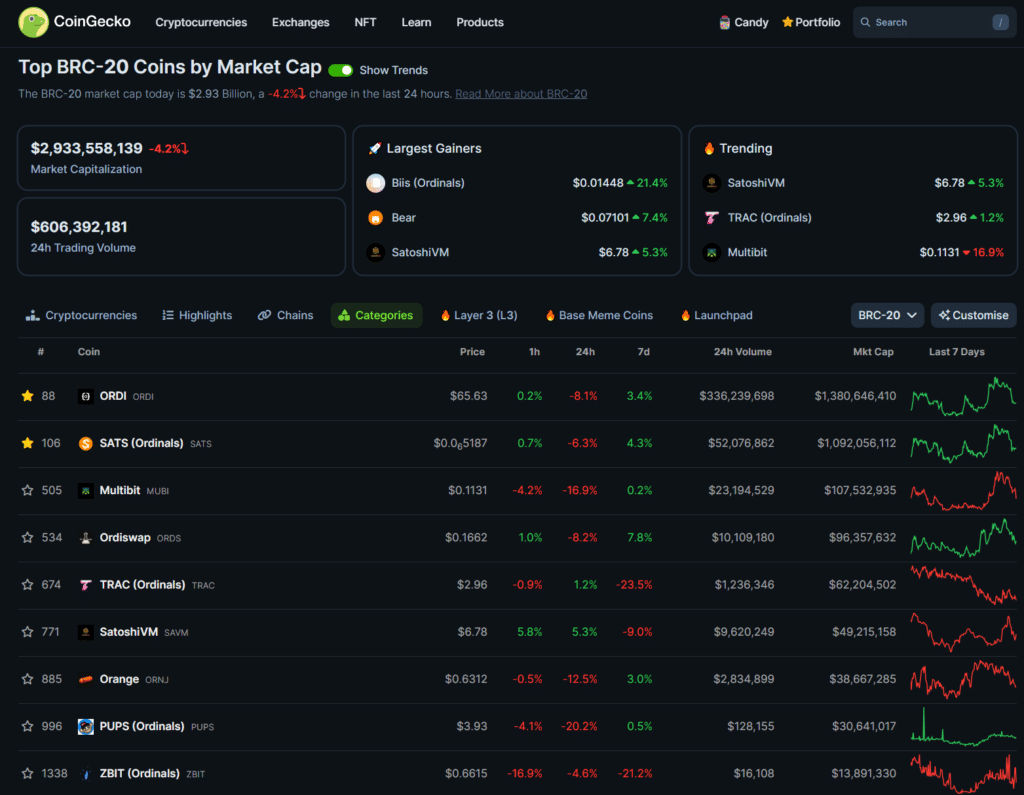UniSat warns users of a malicious Bitcoin wallet hosted on Apple’s app store as BTC exchanged hands 5% below the asset’s all-time high.
On April 1, Bitcoin (BTC) wallet provider UniSat alerted the cryptocurrency community to a fake iOS app version of its decentralized digital asset storage solution. The imitation, dubbed “unisatWallet,” is provided by Zunyi Yibai Network Technology.
It’s unclear how long the app has existed on Apple’s application marketplace, and crypto.news could not verify the persons behind Zunyi Yibai. As of this writing, the app also had no reviews, and users had not reported any losses.
⚠️Please be cautious:
— UniSat – Inscribe your dream. (@unisat_wallet) April 1, 2024
It's a scam project.
⭕️The #UniSat iOS App versions currently available for download are NOT official releases. pic.twitter.com/VlQtB1VhCC
The counterfeit Bitcoin wallet was likely created to steal users’ assets by obtaining private keys and compromising seed phrases.
Private keys and seed phrases are alphanumeric features attached to crypto wallets for security purposes. These components allow participants to recover or migrate their wallets to separate devices. Conversely, hackers can also use the tools to drain tokens from a decentralized address.
Last year, the startup said its Bitcoin wallet boasted over 300,000 weekly users. The data was cited using Google Chrome Store analytics. UniSat, like other wallet solutions such as MetaMask, primarily operates as a browser plugin and allows users to leverage the tool via their PCs on the go.
UniSat rocked by BRC-20 double-spend exploit
The warning comes nearly a year after UniSat suffered a double-spend attack. In April 2023, exploiters siphoned BRC-20 assets from the platform’s Ordinals marketplace due to a codebase bug.
BRC-2O, an acronym for Bitcoin Request for Comment, is a token standard powering fungible asset creation on Bitcoin’s network. The concept is similar to Ethereum’s ERC-20 and is touted as a delivery mechanism for defi on BTC’s blockchain.
Pseudonymous developer Domo created the standard in March last year based on the Ordinals protocol designed by Casey Rodarmor. The sector has grown into a $3 billion market since then, per CoinGecko.
